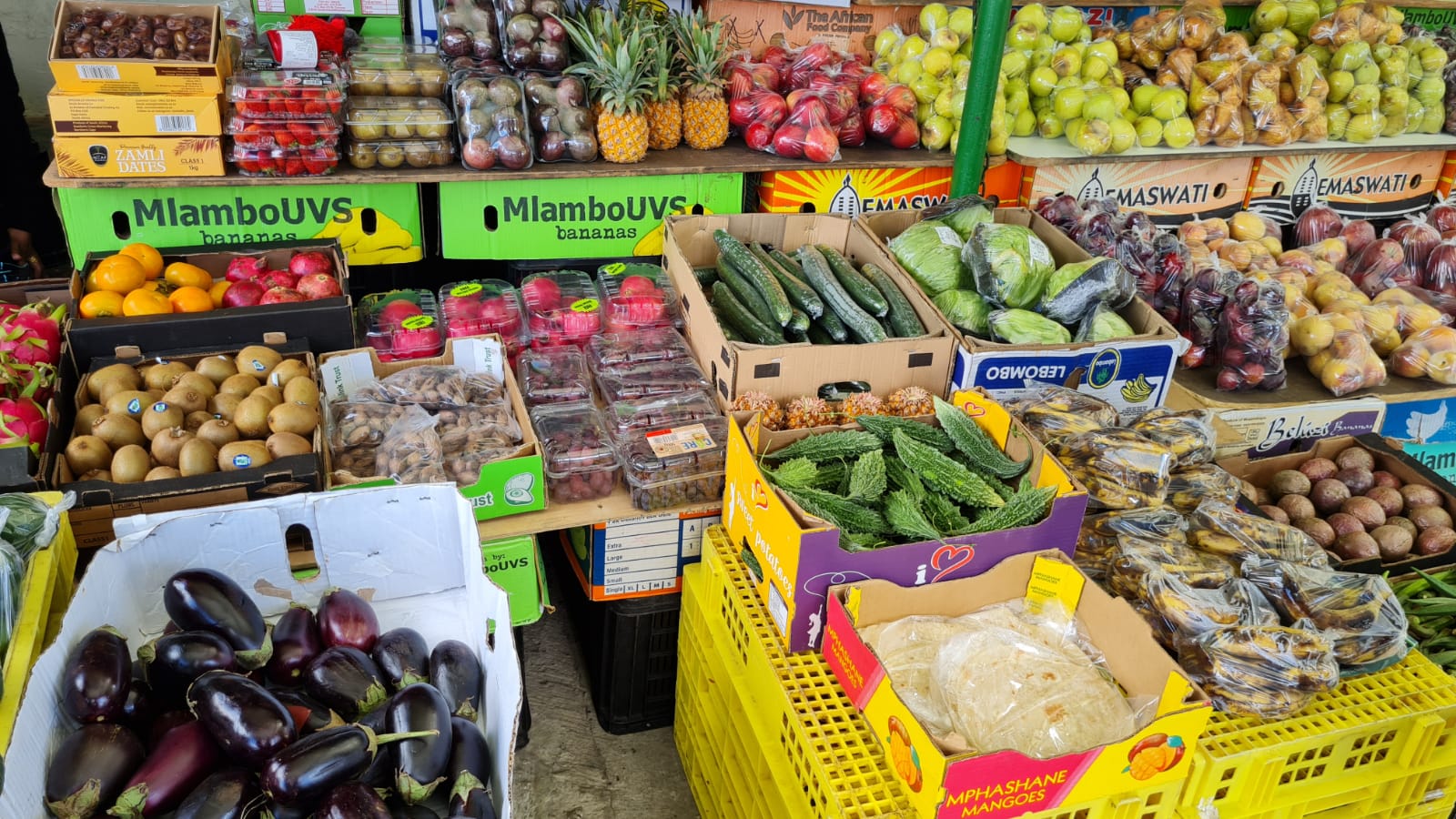The Western Cape Economic Development Partnership's Marcela Guerrero Casas reflects on the first learning lab in Worcester, held in mid-May, 2022.

Photo Marcela Guerrero Casas.
Originally published by the Western Cape Economic Development Partnership.
The Western Cape Economic Development Partnership (EDP) and the Southern Africa Food Lab (SAFL) have joined forces with the [DSI-NRF] Centre of Excellence in Food Security [CoE-FS] to help disseminate the findings of a place-based research project led by professors Julian May and Bruno Losch. The team will lead a series of ‘Learning Labs’ which reveal local food systems through an experiential process of engaging with stakeholders and exploring the local environment.
The research project aims to show how local food systems intersect with climate change and land use, and the tradeoffs between investing in international value chains and maximising local nutrition. It brings together local and provincial government officials, academics and grassroots organisations working within the food system, including Early Childhood Development centres, advocacy groups and local food gardens.
Preparing for the first Learning Lab
The first Learning Lab will take place in May in Worcester, part of the Breede Valley Municipality with a population of around 190 000. This municipality presents both challenges and opportunities that could make it a useful learning model for developmental efforts in similar areas.
In preparation for this first Learning Lab, the Cape Town-based research team travelled to Worcester in early April to connect with local stakeholders and identify locations for the learning journey. As we gathered for an early morning coffee just outside Worcester, Professor May quoted the ‘A Team’ show: “I love it when a plan comes together”. Indeed, the conversation around experiential learning journeys has been ongoing since Professor Scott Drimie from SAFL lead a similar event in Worcester last year, and builds on the work of The Nourished Child project as well as the Western Cape Province’s Nourish to Flourish programme.
The Worcester Learning Lab in May will focus on two specific areas: Parkersdam, a lively commercial area in the town’s centre and the neighbouring informal settlement of Zwelethemba. In Parkersdam, the lens will be through the area’s rich history and the commercial activity along Parker and Porter streets, while in Zwelethemba, activities will be curated to explore the particular role played by Early Childhood Development (ECD) centres, as well as spaza shops.
Revealing overlapping systems
The ‘Learning Lab’ journeys aim to reveal Worcester’s local food system by deepening participants’ understandings of two particular corridors in different parts of the town by enabling them to experience the physical space as well as people’s lived experience of that system through conversation.
At a broader level, the journeys will also look at service provision and infrastructure. As one local government official said during our visit: “We plan as if we lived in Stuttgart or some other European city, not for the informal. Moreover, there is little infrastructure for subsistence farming, our lands and rivers are designed to support large commercial farming.” This could be changed, he said, by supporting amenities like water collection points and building infrastructure close to taxi ranks, among other things.
However, as Professor May reminded us, food is as much about infrastructure as it is about lived culture and values and the Learning Lab journeys aim to uncover these important elements too. Stay tuned for more updates as we continue to the process.



